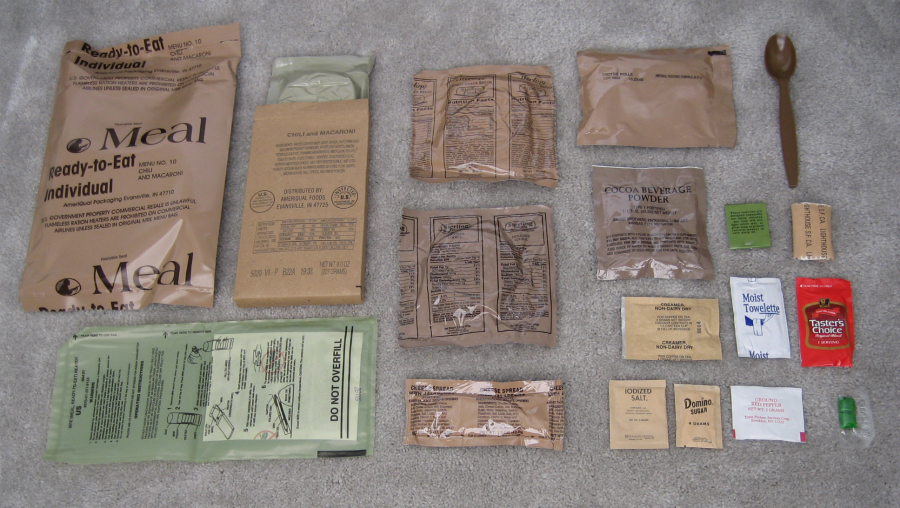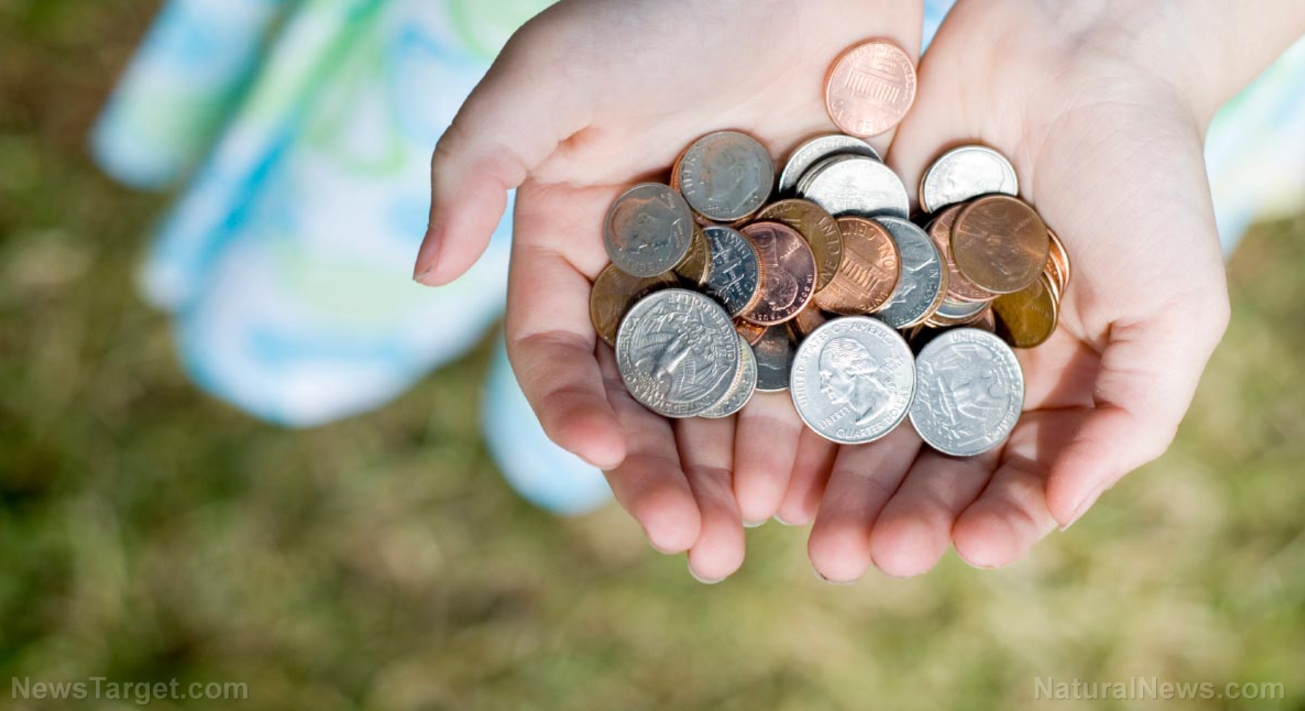Survival tips from grandma: 12 Lessons to help you get through the next economic depression
02/08/2021 / By Arsenio Toledo

The Great Depression was the worst economic disaster to occur in the 20th century. Your grandparents and great grandparents had to deal with a lot of adversity to make it in the harsh environment of America in the late 1920s and early 1930s. Here are some of the tips and lessons they learned and carried with them during one of the country’s darkest periods. (h/t to FoodStorageMoms.com)
Start saving now
The next economic disaster is right around the corner. Start saving money now, so you’re better prepared for when it and other similar emergencies pop up.
Avoid debt
You won’t be able to save money if you’re deep in debt. If you already have debt, work to clear it as quickly as you can. You will better focus on your preps if you don’t have a large amount of debt to worry about.
Stock up on supplies
While America may be a land of plenty now, that won’t be the case when disaster strikes. Start stocking up on supplies such as food, water and toiletries while the shelves in groceries are full.
Learn to garden
Having a garden in your homestead will give you access to healthy and nutritious vegetables, and it will provide you with a steady source of food. This will go a long way to keeping your family from going hungry.
Learn food preservation techniques
Food preservation techniques such as canning, drying and salting might save your life during long disaster periods. With the ability to preserve food, you can stave off hunger and extend how long your food supplies will last. (Related: A crash course in food choices for long- and short-term survival.)
Learn to barter
Money might still be useful in economic disasters. However, if it turns out to be useless, you need to turn to the skill of bartering your possessions for necessities that you need to survive. If you have a diverse skill set, you will have more to offer potential trading partners.
Learn to improvise
During the Great Depression and other economic disasters like the Great Recession, many people had to learn on the spot how to adapt and survive given their limited resources and opportunities.
Learn survival skills
You won’t be able to rely on improvisation alone to get through hard times. At the very least, you need to learn the most basic survival skills, such as how to sew, how to hunt, purifying water, starting a fire and building a rudimentary shelter. Learn these and other skills you think you might need to be better equipped for when disaster strikes.
Waste nothing
During economic disasters, to act wastefully could mean the difference between stretching your food supply and going hungry. Your grandparents and great-grandparents never wasted anything because they lived through scarcity and understood how to put everything to good use. Every single resource is beneficial, and it shouldn’t be discarded or wasted so easily.
Seek out new opportunities
During the Great Depression, many people traveled tens and even hundreds of miles to seek out better opportunities. If you find yourself needing to venture out to survive, you have to be willing to go and you have to be willing to work hard not to waste the new opportunity waiting for you in your destination.
Build a community
You shouldn’t try to survive on your own. You don’t need to trust every single person you meet, but being able to turn to a reliable community of friends, neighbors or family members that share a common goal of surviving a disaster is going to have a huge impact not just on your morale but on your odds of surviving.
Spend time with your family
Your family will be your source of strength and morale during these tough times. Remember to cherish what little free time you have by spending time with them. Enjoy simple activities such as dinner or games with them or just find the time to talk.
Many people from your grandparents’ and great grandparents’ generation relied on the tips above in order to survive and get through the worst years of the Great Depression. Learn from their successes and failures.
Sources include:
Tagged Under: disaster, economic disaster, Great Depression, homesteading, preparedness, prepper, prepping, prepping tips, SHTF, survival, survival skills, Survival Tips, survivalist, sustainable living
RECENT NEWS & ARTICLES
Homesteading.News is a fact-based public education website published by Homesteading News Features, LLC.
All content copyright © 2018 by Homesteading News Features, LLC.
Contact Us with Tips or Corrections
All trademarks, registered trademarks and servicemarks mentioned on this site are the property of their respective owners.





















